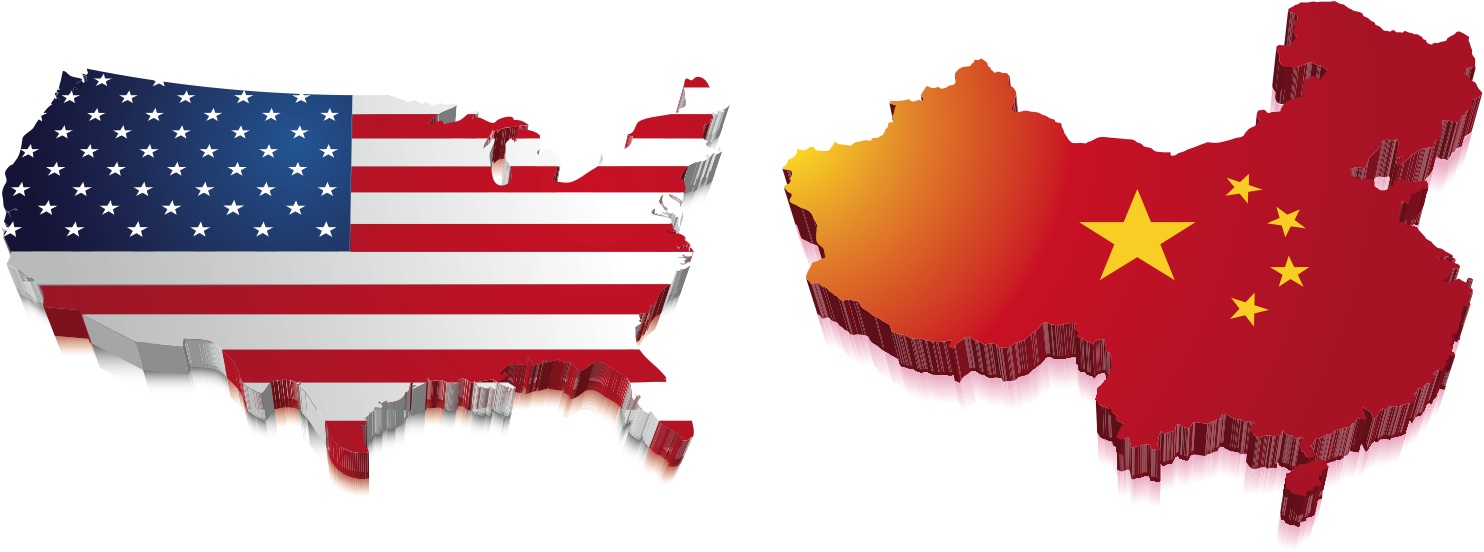Now that we all have universal health care (wait? It doesn’t really kick in for four more years? Oh), the White House has given us another piece of progress from the “probably should have happened a long time ago” file.
Yes, now that only a handful companies are still benefitting greatly from public assistance, the administration has agreed to cap the pay for the top 25 executives of the five companies “still receiving extraordinary aid” via bailout. And really, it’s more like three companies since it comes down to only AIG, GM and its financing company GMAC, and Chrysler and its financing company Chrysler Financial.
Feinberg’s announcement was the administration’s latest effort to deal with public outrage over bonus payments provided to executives at companies receiving billions of dollars in taxpayer support.
Detailing the 2010 pay rules, Feinberg said cash salaries would be capped at $500,000 for 82 percent of the top 25 executives at the five firms. These executives would have to receive any further compensation in stock. Feinberg is seeking to link the executives’ decisions more closely to the success of their companies.
In addition, “pay czar” Kenneth Feinberg is also mandating that 419 companies that benefitted from bailout money before February 17, 2009, give detailed information on any salaries in excess of $500,000 paid to executives in late 2008 and early 2009. What exactly Feinberg plans to do with this information eludes me, but companies have 30 days to comply.
Under the law, Feinberg cannot require executives to return any compensation such as 2008 bonuses that he deems excessive. But Feinberg said he would review the compensation paid during that period to see if any of it could be deemed “inconsistent with the public interest.”
I think many interested members of the public could tell Kenneth their thoughts on that topic immediately, but it’s nice to know that he will have some more detailed info into the matter next month.

Before the cap, he would have been carrying three bags.


